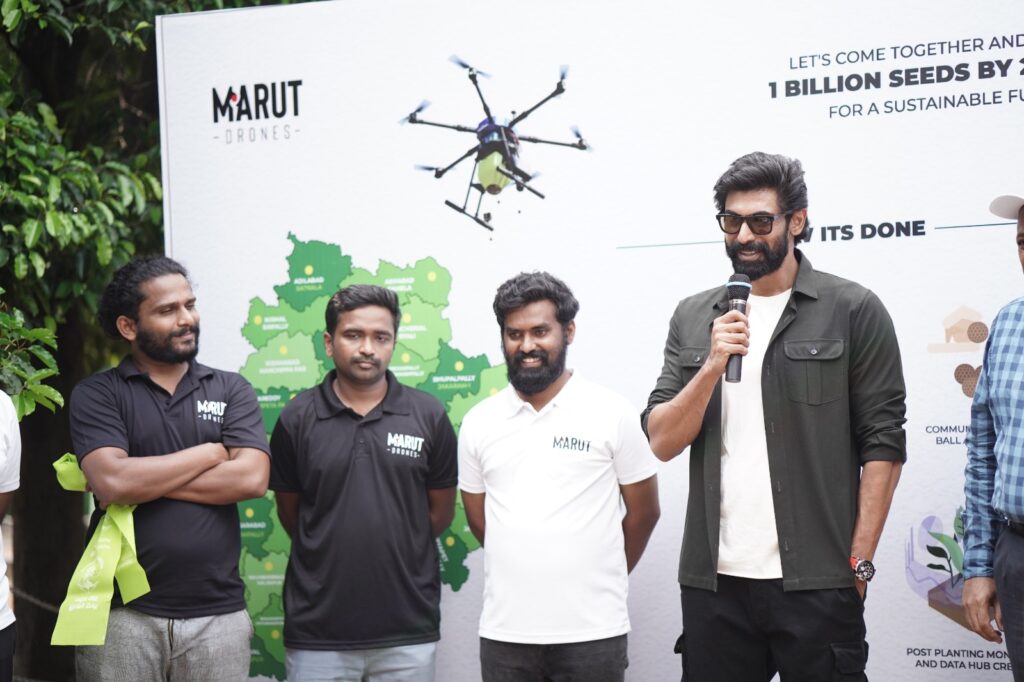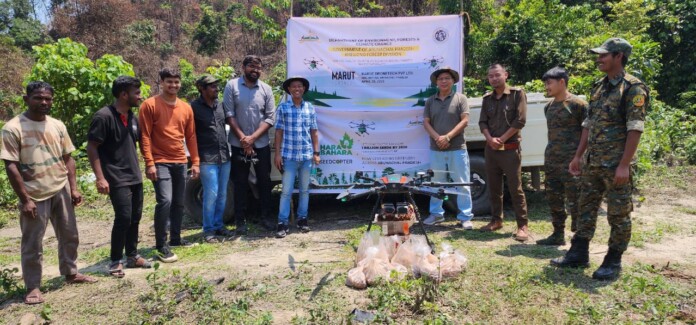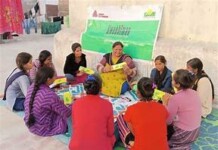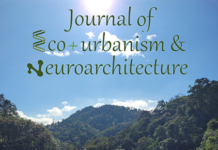The technology is a blend of community science and advanced drone capabilities, fostering both ecological and socio-economic development.
Marut Drones, a leading drone manufacturing company in India, has launched Seedcopter 2.0, marking a significant leap in the field of reforestation. Deforestation, a critical global issue, has led to the loss of approximately 1.3 million sq km of forest cover from 1990 to 2016.
Since its first iteration in 2021, the Seedcopter has been integral to the company’s ‘Hara Bahara’ campaign, which aims to plant one billion trees by 2030. The campaign says it has already seen remarkable success, with over ten million trees planted across various Indian states in 2022 alone.
The Seedcopter 2.0, designed for reforestation, works by dispersing seed balls in hard-to-reach areas, such as valleys and foothills. This approach not only enhances the efficiency of planting but also reduces the time and labour traditionally required for such activities. The technology is a blend of community science and advanced drone capabilities, fostering both ecological and socio-economic development.
Prem Kumar Vislawath, CEO of Marut Drones, emphasized the significance of the Seedcopter in creating sustainable environmental change. By making Seedcopter 2.0 available for corporate use, Marut Drones is inviting a broader range of stakeholders to participate in enhancing India’s green cover.

Community Centric
The Seedcopter initiative is also a community-centric project. It has empowered 15,000 women across 200 communities, contributing to both ecological well-being and the socio-economic upliftment of the communities involved. The company aims to expand this impact to 1400 districts, engaging local communities in preparing the seed balls and contributing to the reforestation efforts.
Notable environmentalists, including Padmashree Jadav Payeng and Padmashree Daripalli Ramaiah, have endorsed the ‘Hara Bahara’ campaign. The involvement of such figures highlights the growing recognition of Marut Drones’ efforts in environmental conservation.
The Seedcopter 2.0’s approach involves a comprehensive aerial survey and mapping of target areas, allowing for informed decision-making during the seeding process. The precision release of seed balls ensures even distribution and a higher germination rate. Post-planting, Marut Drones employs data hubs to monitor and assess the progress of the planted seeds, ensuring the effectiveness of their reforestation efforts.
This initiative aligns with several United Nations Sustainable Development Goals (SDGs), including SDG 13 (Climate Action), SDG 15 (Life on Land), SDG 17 (Partnerships for the Goals), and SDG 9 (Industry, Innovation, and Infrastructure).










